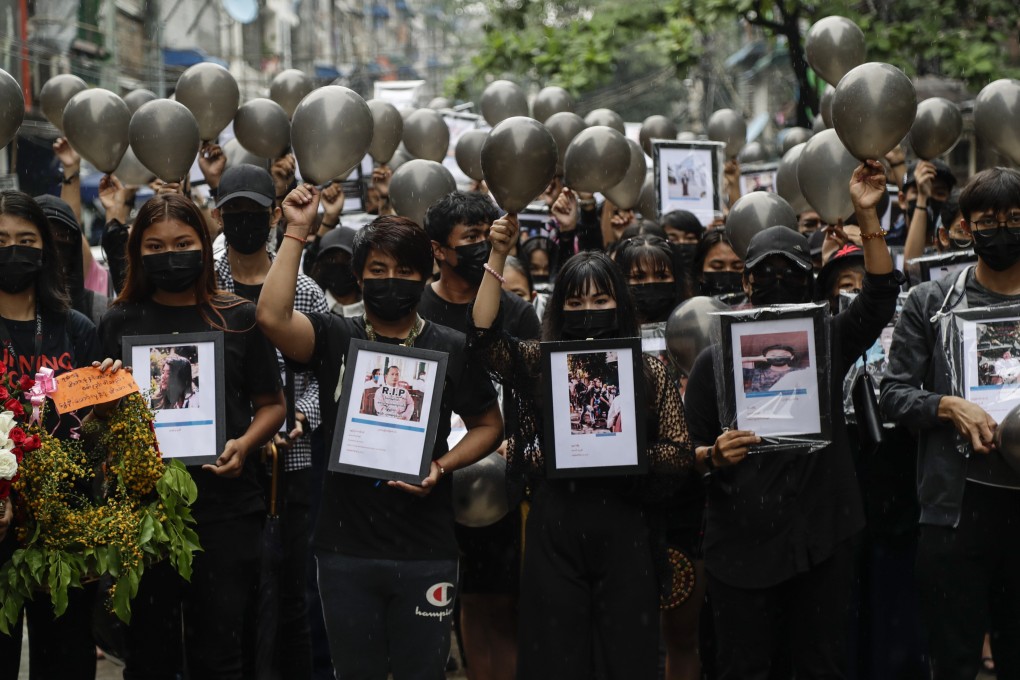Opinion | China can return stability to Myanmar and fix its image problem if it takes sides in the crisis
- Despite the rumours, Beijing has not yet lent decisive support to Myanmar’s junta, and has called for domestic political reconciliation to end the post-coup crisis
- But Myanmar will not be peaceful until it is a federal democracy, a political system that can be best achieved by working with the country’s democratic interim government

TURBULENT RELATIONSHIP
A deep-seated fear of being lorded over by China is part of Myanmar’s national identity. Through the early 1970s, Mao’s China backed the Communist Party of Burma with funding, arms, and even volunteers as it sought to overthrow the military dictatorship of General Ne Win. Out of the ruins of that conflict, ethnic militias such as the United Wa State Army (UWSA) and the Myanmar National Democratic Alliance Army (MNDAA) formed in the early 1990s in northern Shan State, both of which maintain close ties with China to this day.
Relations between Myanmar’s generals and Beijing then improved under the reformist regime of Deng Xiaoping and his successors, who sought constructive engagement. The generals, however, grew wary of China’s economic rise and the threat its increasing dominance might pose to them.
